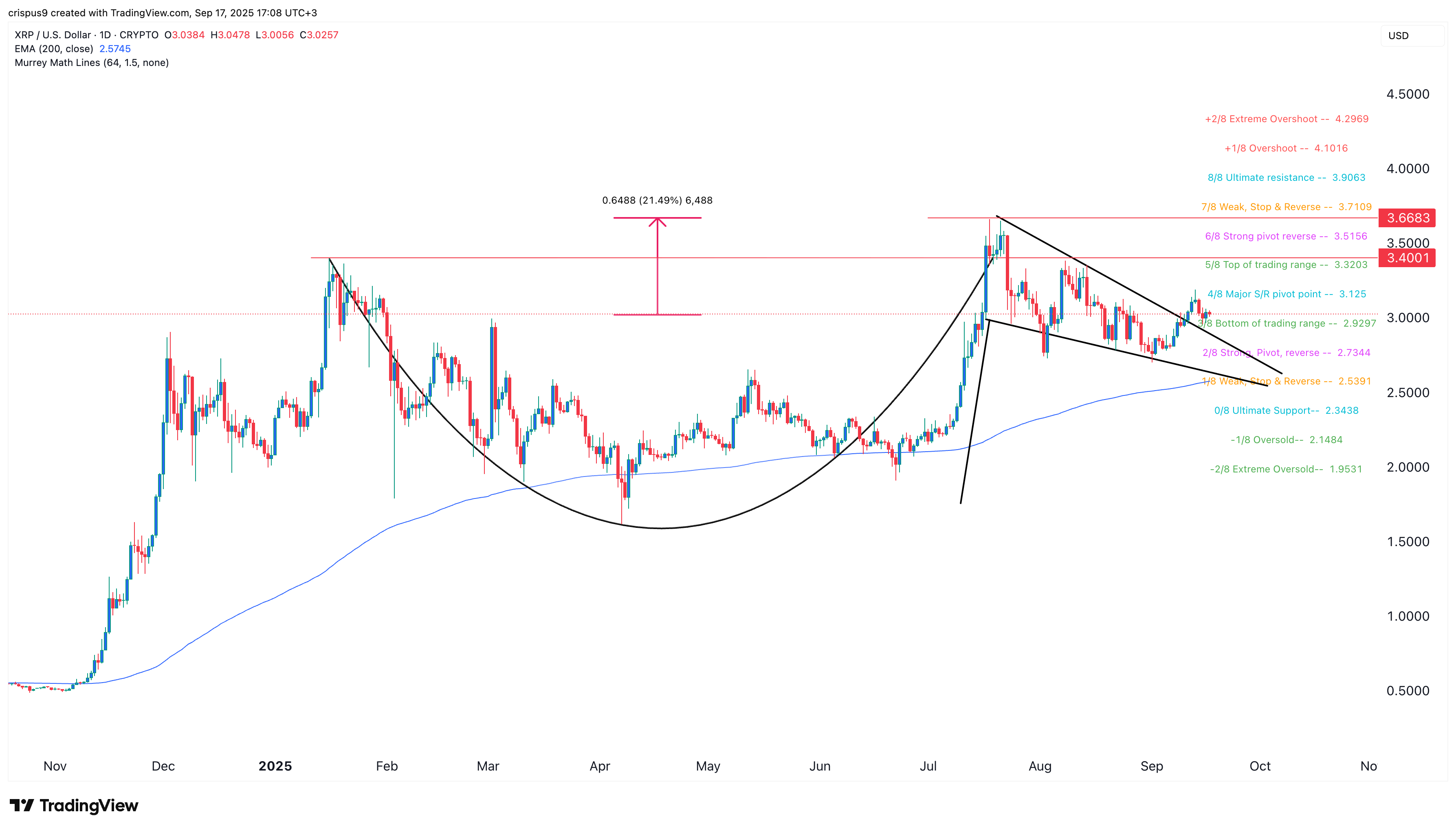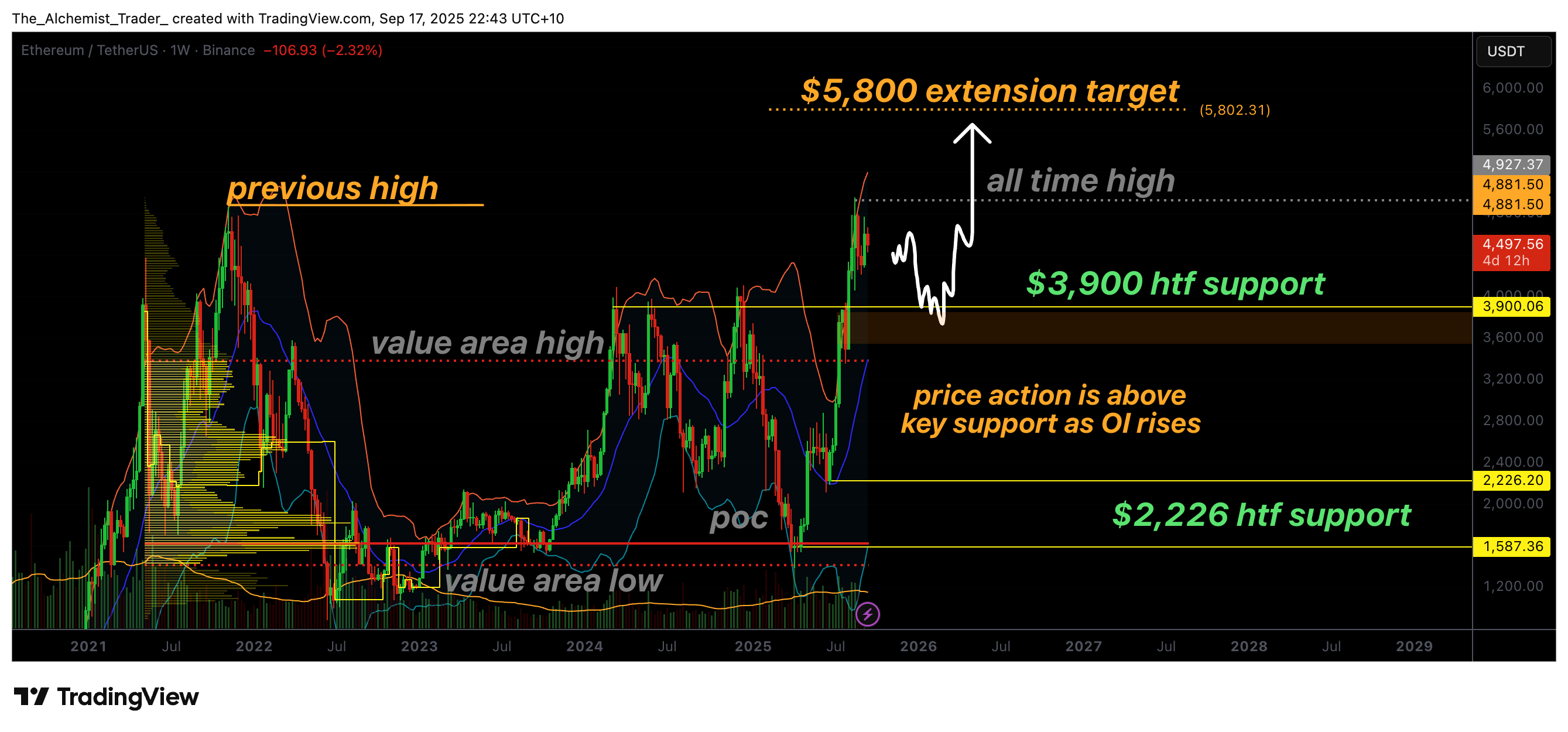Bolivian bank Banco Bisa launches USDT custody service

Major Bolivian bank, Banco Bisa, has launched a a custody service for Tether’s USDT stablecoin, allowing clients to buy and sell crypto.
According to a report by local media El Deber, Banco Bisa officially launched a custody service for virtual assets, specifically the Tether(USDT) stablecoin USDT. The custody service offered by Banco Bisa enables clients to hold funds in USDT as well as transfer funds and make payments abroad using the stablecoin.
Vice President of Business at Banco Bisa, Franco Urquidi, said that all USDT transactions must be made to and from an account registered at Banco Bisa, guaranteeing security for the holders.
He emphasized the importance of providing wider educations for Bolivians on the use of digitals assets. To ensure security, the bank has partnered with international custodians and crypto exchanges. The firm has also taken further steps to tighten data protection and prevention of illicit activities.
“Our clients go through a rigorous verification process, which gives them peace of mind that their transactions are carried out through secure and reliable channels,” said Urquidi.
Moreover, the bank offers USDT starting from a minimum of 200 USDT up to a daily limit of 10,000 USDT. For transactions made in USDT, the bank charges a service fee that ranges from 35 BOB to 100 BOB or equal to $4.90 up to $14.00 depending on the amount. Meanwhile, clients that want to make transfers with USDT to dollar accounts abroad get a fee of 280 BOB ($39.20).
Yvette Espinoza, a representative from Bolivia’s financial regulator Autoridad de Supervisión del Sistema Financiero, approved of the bank’s crypto custody offering. She stated that the service allows clients to make crypto transactions in accordance with Bolivia’s regulatory framework.
“This is a custody service that will allow clients to carry out various operations safely, reducing the risk of unsafe interactions in the cryptocurrency market,” said Espinoza.
In 2014, Bolivia banned the use of cryptocurrencies, clarifying that it was illegal to use Bitcoin within the country. The regulators banned all currencies that were not issued or regulated by the Bolivian government.
However, on June 28, Bolivia lifted the ban on BTC and other forms of crypto, which opened the door for financial institutions to offer services that deal with digital assets.




